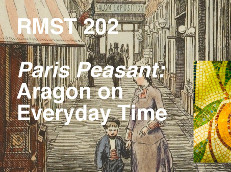For this week’s blog post, I read Soldiers of Salamis by Javier Cercas. I have been enjoying the theme of civil war that we have been seeing in a few of these readings. They have been teaching me a lot about history and different world conflicts. When I heard that this book was declared “a work of fiction” “where real-life historical figures and public figures appear” from the lecture, I thought of The Old Gringo because Fuentes used the real Ambrose Bierce’s point of view although the story was fiction as well. I like how we are now able to relate what we are reading to our previous course texts and notice what patterns are being repeated. I found it surprising to see Bolano’s name in the third part since reading Amulet last week, but also interesting that we are starting to see past authors’ connections in different works.
It was interesting how Cercas, used these embedded narratives to reveal Mazas’s story. Each part functioned to reveal more but was dependent on each person’s experience and memory. The book follows the story of a fictional version of Cercas becoming interested in the story of Rafael Sánchez Mazas. He uncovers the story of how Mazas fled his death from the republican firing squad in part one. Then part two tells the biography of Rafael Sánchez Mazas’s life before the events of his capture and escape. Finally, in the third part, it goes back to the fictional Cercas after he finishes his book, but feels like there is a narrative that is missing so he tries to find the one who let Mazas go. He then meets Miralles who is never confirmed to be the one who freed Mazas, although Cercas is sure he is.
There are definitely some parts in this novel where the reader has to put together some of their own connections. We have come across unreliable narrators before in previous readings, but the fact that the narrator himself didn’t have the full story made it even more questionable. While the other readings had an unreliable narrator because of trauma or the character’s personality, in Soldiers of Salamis, Cercas had to rely on the retellings of other people’s versions to put together what he believed to be fact.
My question for the class is: How do different perspectives and the way we remember things alter the retelling of stories that are passed down?

